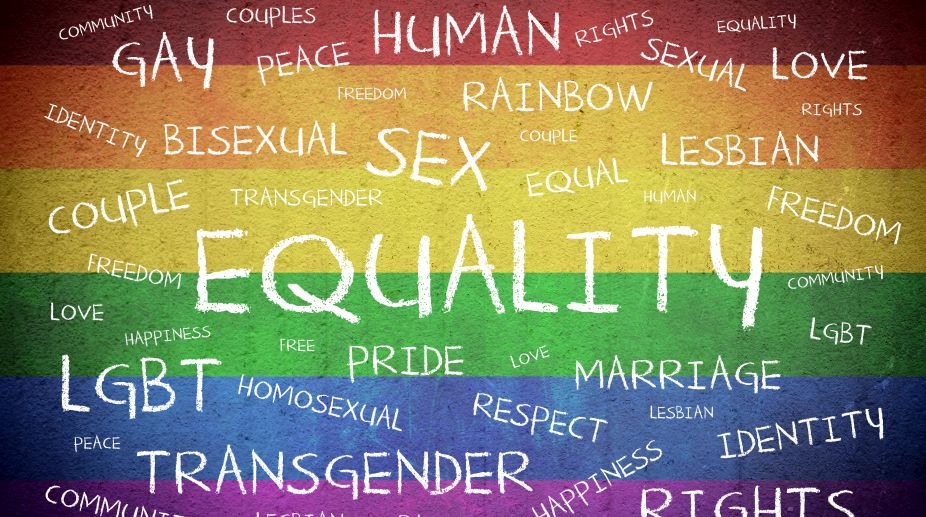The nine-judge bench of the Supreme Court in the case of Justice A.K.Puttaswamy (Retd.) & Anr v. Union of India, has recently recognised the right to privacy as a fundamental right read into Article 21 of the Indian Constitution. Consequently, this decision unequivocally overruled several previous decisions ranging from the M.P.Sharma case, the Kharak Singh judgment as well as the notorious A.D.M Jabalpurdecision, holding them as bad law.
The Court (Nariman J.), in the present case provided a three-fold interpretation of the right to privacy that involved the right to move freely, informational privacy and privacy of choice, which protects an individual’s autonomy to make personal choices. This decision highlights the intention of the Court to preserve personal intimacies, the sanctity of family life, marriage, procreation, the home and sexual orientation.
The decision has impacted several existing laws and pending decisions, chief being the Koushal judgment (December 2013), which upheld the constitutionality of Section 377 of IPC, criminalizing homosexuality. In 2009, the Delhi High Court had struck down Section 377 on grounds of right to privacy and autonomy to attain fulfilment, grow in self-esteem and build relationships of one’s choice, including determination of sexual orientation and gender identity. However, in 2013, the Supreme Court reversed the Delhi HC decision holding the HC had overlooked the fact that the LGBTQ community constitutes a miniscule population of India.
During the past 150 years, a mere 200 persons had been convicted under Section 377, which forms no basis to declare the law unconstitutional. (Still pending before a constitutional bench is a curative petition seeking to invalidate Section 377 because it violates the right to privacy.) The recent privacy decision is a breath of fresh air, as the bench tackles the constitutionality of S. 377 with respect to the right to privacy. Three out of five concurring decisions collectively formulated the privacy ruling, reasoning that the right to privacy is a fundamental right.
Justice Chandrachud on behalf of the Chief Justice, Justice R.K. Agarwal and himself rejected the majoritarian stance taken by the Court in Koushal, quoting two glaring instances where the Court referred to the LGBTQ community as a ‘miniscule population’ based on the number of arrests that had taken place under S.377 and downgrading their real rights as ‘so called rights’. This ruling indicated the weight of minority communities as equivalent to that of the majority, stating the de minimus justification of the Koushal bench as intolerable.
Moreover, Justice Chandrachud observed that the right to privacy must be viewed in relation to the person as opposed to the space occupied, which makes sexual orientation and gender identity an essential facet of the fundamental right of privacy. He reaffirmed the rights of the LGBTQ community as real rights based on constitutional doctrine, which entails the right to life and the right to dwell in privacy and dignity. Furthermore, sexual orientation was highlighted as a primary facet of the right to privacy and dignity.
The Supreme Court bench now seems to concur with the rationale of the Delhi High Court’s Naz Foundation decision which declared that the right to privacy and dignity are dimensions of Article 21 of the Indian Constitution. The Supreme Court ruled that privacy protects all facets of gender identity. The Court further elucidated that the ambit of the right to privacy entails “privacy of the home which in turn protects the family, marriage, procreation and sexual orientation, which are all important aspects of dignity.”
This ruling establishes the paramount importance of individual autonomy and personhood, liberating several victims of S. 377. Though this bench was not authorised to reverse the Koushal decision, which is still pending in the SC, it has created certain individual rights which makes it extremely hard for Section 377 to meet.
The explicit critical analysis by five out of nine judges on the Koushal decision has set high standards of adjudication for the pending curative petition. The non-binding SC case discussion expressly criticised the Koushal judgment. Any bench reviewing the Koushal judgment will presumably keep in mind the right to privacy as a fundamental right.
(The writers are respectively, a fourth-year law student and professor at the Jindal Global Law School)











